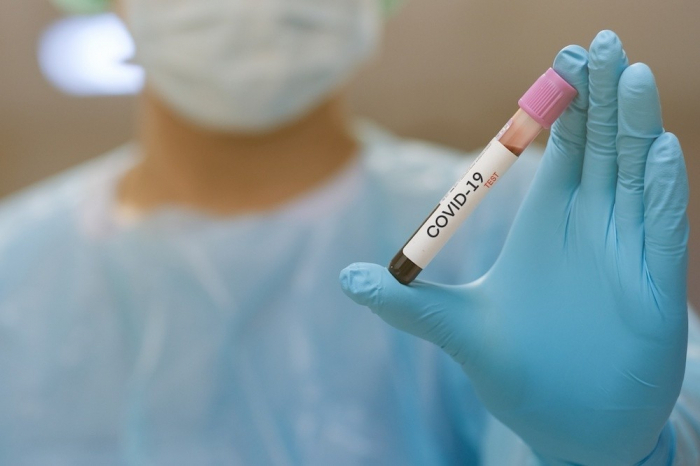Speaking to a crowded room without wearing masks, three of 18 volunteers monitored over a month at the Sechenov University said they all had experienced few side-effects.
A larger-scale trial, intended to ascertain the strength of the immune response produced by the vaccine and how long protection will last, is expected to begin in Russia in mid-August.
More than 100 possible vaccines are being developed and tested around the world to try to stop the pandemic. Of 19 in human trials, only two are in the final Phase III - one by China’s Sinopharm and another by AstraZeneca and the University of Oxford.
“We were primarily testing for safety,” Elena Smolyarchuk, a department director at Sechenov University and one of the coordinators of the trial, said.
“On non-specific immunity we can only talk about preliminary results. These show a good, positive tendency, a strengthening of non-specific immunity,” she said.
However any final conclusions about the immune response among the volunteers will be drawn by the Gamaleya Institute, which developed the vaccine, and are expected towards the end of the month.
Russia’s health ministry will then decide whether to register the vaccine and begin a larger-scale trial, Smolyarchuk said.
The vaccine is administered in two doses and consists of two serotypes of the human adenovirus, each carrying an S-antigen of the new coronavirus, which enter human cells and produce an immune response, Smolyarchuk said.
It was first tested on primates and then administered to the volunteers on June 18.
The platform used for the vaccine was developed by Russian scientists over two decades and had formed the basis for several vaccines in the past, including three against Ebola, the Sechenov University’s Vadim Tarasov said.
The defence ministry, which conducted a parallel trial of the same vaccine on a separate set of 20 volunteers, also said on Wednesday the group had been discharged.
“It’s not scary anymore,” Yuriy, a soldier and volunteer, said in a video shared by the Ministry of Defence.
















































